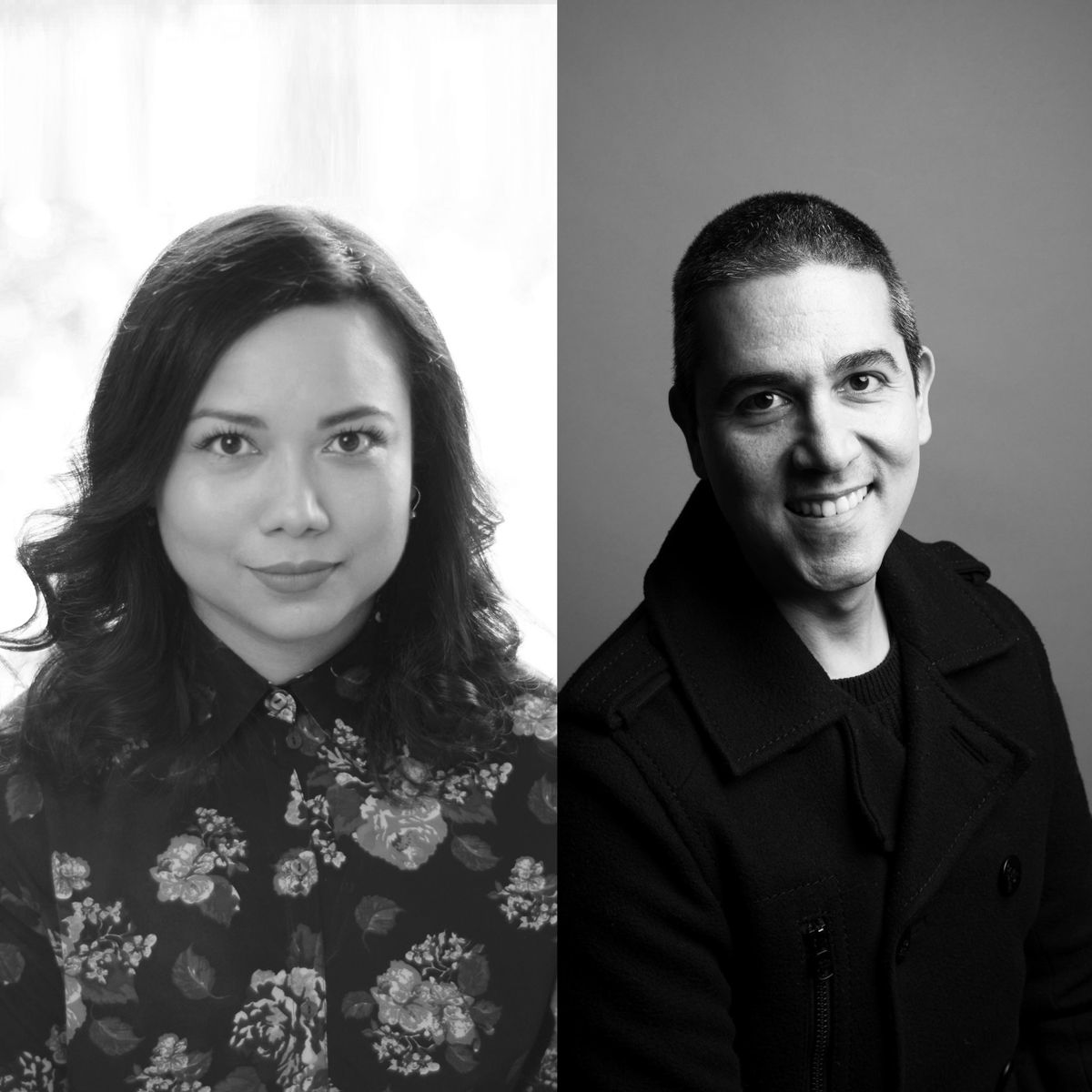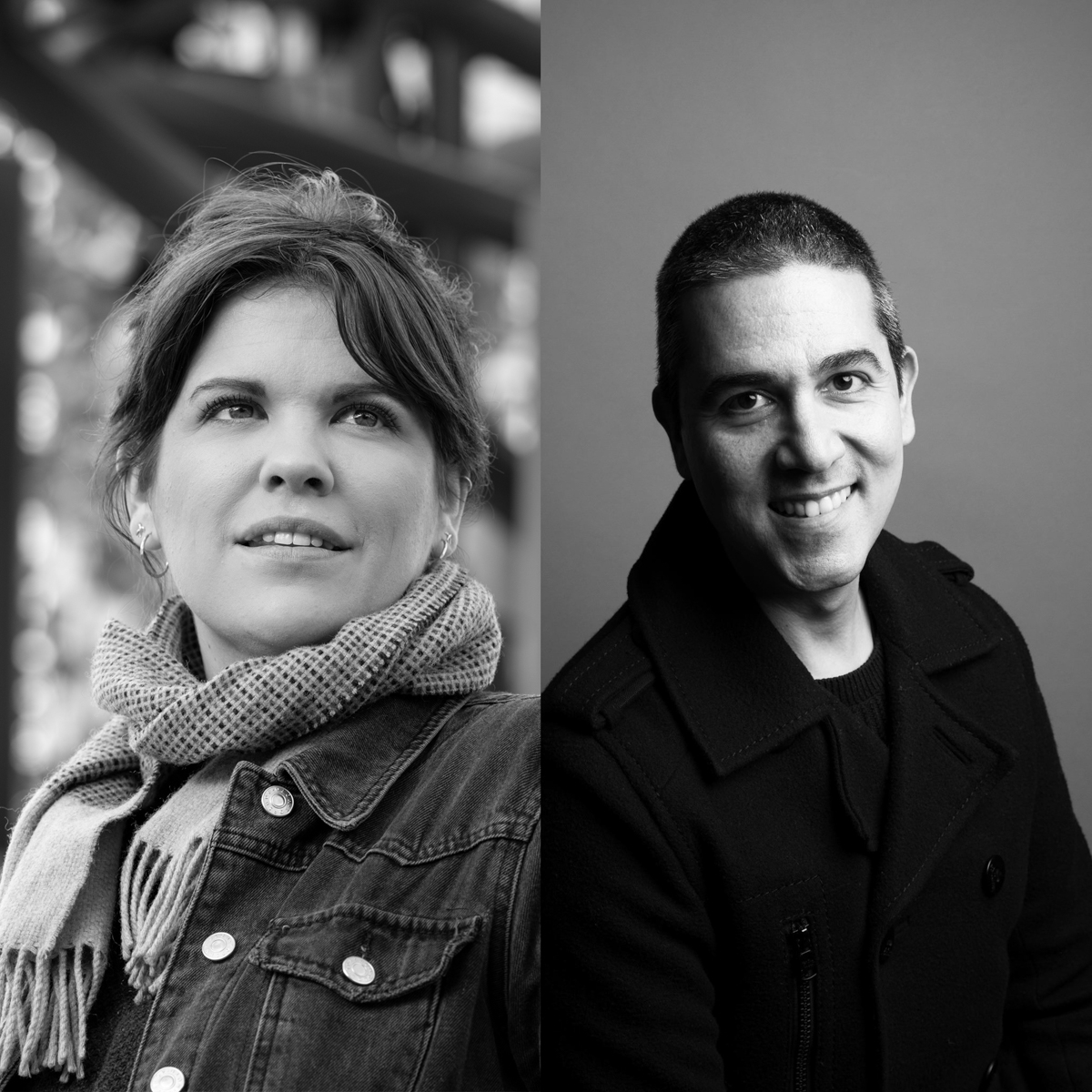This is the seventeenth post in my series of monthly posts where I speak with people in the creative industries and ask them questions about the things that "I Wish I Had Known" when I started out as a creative myself.
On this post I speak with the fabulous Dina Begum, a Bangladeshi-born/East London-bred food writer about her passion for Bangladeshi food traditions and stories and her book Brick Lane Cookbook, in which she celebrates the diverse cultures and flavours of this much-loved area of London:
1. Where does your love for cooking come from?
My mother. I grew up seeing her prepare delicious meals from scratch almost every single day, using fresh produce. It seemed magical to me that she created feasts out of a few bags of groceries - that made me fall in love with cooking. My extended family are huge foodies and my maternal grandmother is also an amazing cook and this further inspired me, as I spent time with her during school holidays while growing up.
2. How does one go from writing down recipes on a notebook to actually writing a cookbook? Did you ever see yourself as an author?
I wanted to be an author before I even knew what an author was. I remember writing my first poem at the age of eight or nine and receiving a compliment from my teachers. In fact, my writing career began with fiction, poetry and narrative non-fiction including an essay on the shipbreaking trade in Chittagong, Bangladesh. While I loved to cook and write down recipes from a very young age I actually began focusing on food writing about five years ago. The two things I love are words and food, so I decided to combine the two!
3. What challenges did you face when you set yourself to writing the book?
Writing my debut cookbook was a tremendous learning curve for me. I learned how to write and format recipes properly, create delicious sounding yet relevant headnotes to accompany the recipes – which are crucial as they not only describe the dish but give helpful hints and tips. As a Bangladeshi cook, I learned through observing and helping. My mother and grandmother, like the majority of women of those generations never used measures, or wrote things down. It’s a very intuitive way of cooking. This made recipe testing a challenge at first as it was all new for me to measure ingredients exactly and time things. It’s so much easier now!
4. Did you work with a publisher or did you self-publish?
I was lucky enough to find a publisher through a friend who loved my blog and forwarded it to my publisher Kitchen Press. They’re an award-winning independent publisher and specialise in market cookbooks so it was a perfect fit for Brick Lane Cookbook. A blog is a wonderful way to highlight food writing, especially if you’re in the early stages.
5. How difficult is it to promote and sell a book? Where do you sell them?
My book is sold via my publisher and a distributor who deal with the business side of things. There’s also a PR to handle a lot of the promotional side. It’s available on Amazon, Waterstones, Foyles, Oliver Bonas and independent bookshops – one of which is the fabulous Brick Lane Bookshop on Brick Lane. As an author, I also consider it my responsibility to promote the book and I do this via social media posts, where I engage with my audience with regards to cooking and also promote any events I do. I also welcome press and promotional interest and do interviews where possible.
6. It has been said that people publish books nowadays for self-promotion rather than for profit? Is that your case?
I believe writing is a part of me and my life’s main purpose. Since my teens, I’ve published poetry, short fiction and wrote and edited articles for a magazine. This gave me a real sense of what it feels like to write for a living. To me being recognised for writing something interesting and producing good work is key. Self-promotion and profit is, and can be superfluous. Of course, if what you love can help you earn a living that’s a real bonus! My freelance food work is an essential part of my life and I try and connect it to my book as well as long term career goals.
7. Are there any other books in the pipeline?
Nothing concrete at the moment but I am working on a second book with more of a focus on Bangladesh. My book is split into Bangladeshi recipes and other cuisines which reflect the lovely diversity of Brick Lane, but it would be amazing to give Bangladeshi food 100% of my attention for my next project.
8. In your book, you publish recipes from your own kitchen but also from restaurants in Brick Lane. How did you get them to agree for you to publish them for all to see? How did you get their trust in the first place? Were they protective or happy to share their knowledge?
Through sheer power of persuasion and perseverance! Many businesses were easily convinced and keen to include their recipes in my book as they could envision how important it was to document the diversity in the food of Brick Lane. I think people love sharing their food stories. Some were protective of their recipes, especially ones they’d spent years perfecting or family recipes. I totally understood that as these are treasured recipes. I made it clear from the onset that they would be given credit and I would love to share the stories behind their dishes so they were happy to come on board and loved the process of chatting to me and showing me how to cook certain items, which was a real treat.
9. Have you ever worked in a restaurant? Have you thought about opening your own restaurant?
I haven’t worked in a restaurant as such, however, I have worked in them to host supper clubs and pop-ups, most recently at Darjeeling Express, which gave me a little taste of how restaurants operate. I also have some knowledge of them from family members who run their own restaurants. I would love to open some sort of eatery one day serving Bangladeshi food, with my own spin on it.
10. What are your thoughts on cooking robots like the Thermomix? Have you heard about the MIT robot restaurant that just opened in Boston last month?
I’ve literally just googled Thermomix! And to be absolutely honest this kind of cooking has never appealed to me. I’m sure it works for many people and it has its benefits but I just couldn’t imagine cooking this way. I’ve not heard about the robot MIT restaurant and find that very bizarre. I’m an old fashioned cook and not a huge gadgets person either.
11. On the day that we met, you were doing a demo on how to make one of your recipes using what you already have around in your kitchen. Do you try to apply the same concept to all of your recipes?
I believe in zero waste as a basic life philosophy, especially when it comes to food. So I strongly believe in utilising what you have lying around in the fridge or pantry first before buying more groceries. I love to create most of my recipes with that in mind. Use what you have and try and use substitutes. For particular recipes, substitutes don’t work but so many recipes are flexible. It’s all about adaptation.
12. Apart from the book, I know that you have also had your recipes published in many publications and that you host brunches where you share your delicious cooking with your guests. Have you ever considered giving cooking classes?
I love cooking for people and hosting pop-ups and demos. My teaching is currently available on Yodomo.co for whom I’ve filmed a Bangladeshi spice blend and recipe series. However, I’d love to give cooking classes and it’s something that’s on my list of things to do.
13. Where can we find out more about your book and your recipes?
You can find out more about my book and my recipes on my website (which has a recipes blog) and also follow me on Twitter & Instagram @dinasfoodstory to see what I’m cooking and eating and also find out about upcoming events.
This is wonderful, Dina! I really appreciate you sharing with me your tasty recipes and what being a food writer is all about. It is everything that I Wish I Had Known!

